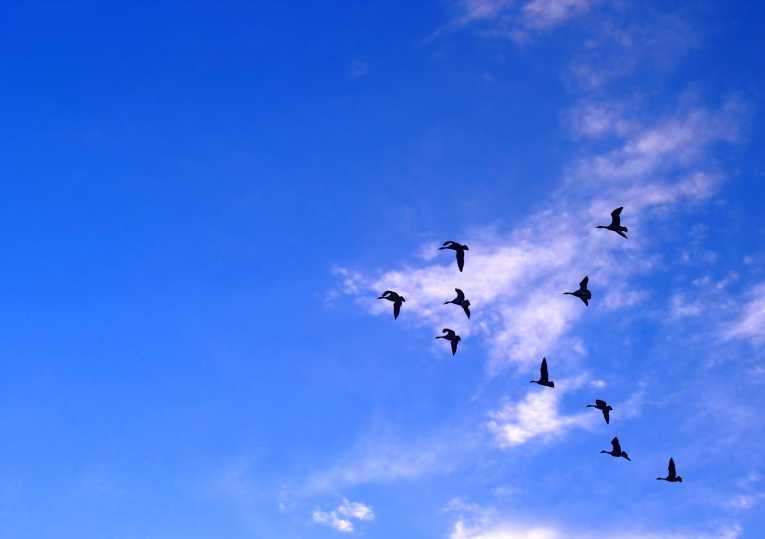Countries will have to improve their co-operation if they are to protect endangered wildlife in an age of climate change, according to an international study.
A team of scientists have come up with a conservation index designed to help policy-makers to deal with the effects of climate change on birds in Africa, the theory of which could help governments across the world as climate change forces species to move to new areas.
An international research team led by Professor Brian Huntley and Dr Stephen Willis of Durham, School of Biological and Biomedical Sciences, Durham University, in North East England, looked at how native African bird species will fare in 803 Important Bird Areas (IBAs) across the continent, if climate change continues as predicted.
Birds are seen as a key indicator for conservationists because they respond quickly to change and the research, funded by the Royal Society for the Protection of Birds (RSPB), and published in the journal Conservation Biology, suggests that hundreds of bird species in Africa will become emigrants, leaving one part of the continent for another in search of food and suitable habitat.
We need to improve monitoring, communication and co-operation to make protected areas work across borders. Conservationists and policy makers will have to work together in new ways as networks become increasingly important in protecting species.
Dr Stuart Butchart, Global Research and Indicators Coordinator at research partner BirdLife International, said: ''Many areas that are likely to become increasingly important are currently under-protected. Co-operation across borders to preserve and adapt areas so that birds and other wildlife can survive as their habitats change and shift will be essential to conserve biodiversity and maintain the ecosystem services that will help people and communities adapt to climate change.''
Dr David Hole, Climate Change Researcher with research partner, Conservation International, said: "Policy action to encourage practices that will make it easier for species to move through the wider landscape will be critical, such as conservation-friendly farming and agro-forestry, to ensure species can reach newly climatically suitable areas as climate changes. It's about trying to find those win-win situations."










